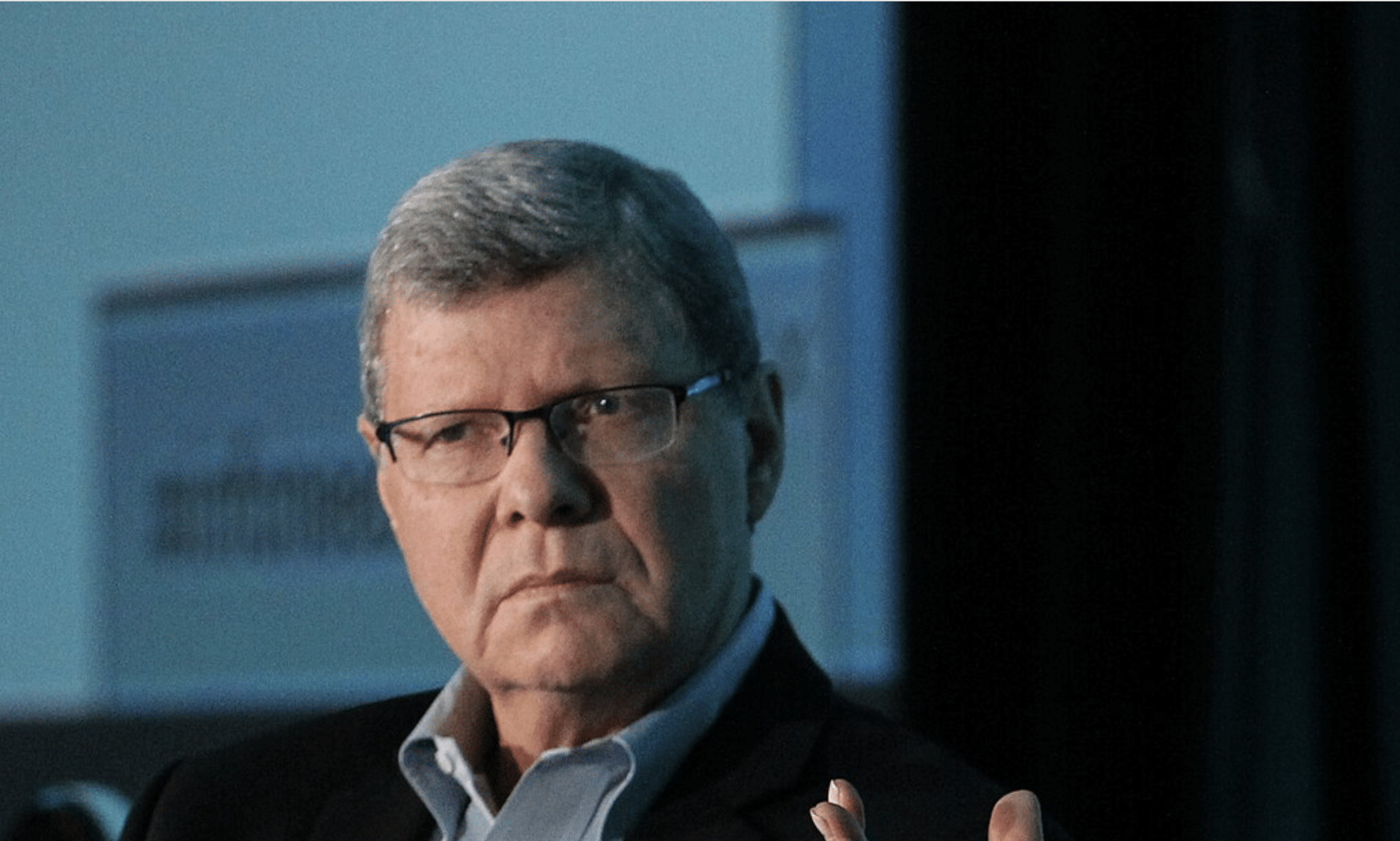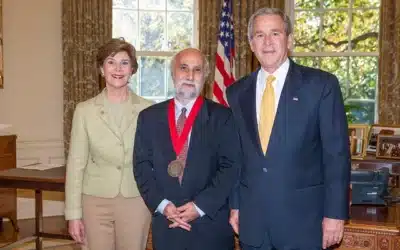There is a booming op-ed industry that peddles tortured World War II analogies. The latest offering from its tired assembly line was published by Politico and penned by unreconstructed neoconservative Charlie Sykes. As with other offerings in recent years (and indeed, decades past), Sykes’ piece, entitled “How FDR Made Republican Isolationists Look Silly with a Simple Rhyme,” plays loose with the facts and is steeped in ahistoricism.
Sykes’s piece hinges upon the Roosevelt administration’s reaction to “isolationists” in Congress, their supposed resistance towards preparedness, and the White House’s exploitation thereof. Like other articles of its kind, Sykes takes the Roosevelt administration’s word and lauds its public relations messaging on the 1940 campaign trail, invoking it as a model for the present.
However, much like FDR, Sykes plays loose with the facts. While indeed a handful of preparedness holdouts remained in Congress on the eve of World War II, by early 1939, the overwhelming majority of Republicans came to accept defense spending, albeit in their unique way: one that held aloft the role of airpower and eschewed a sizable navy, viewing it as encouraging military incidents. While congressional Republicans sought to limit or restrain expenditures, the first sizable defense spending bill on the eve of World War II, H.R. 3791, passed in the Senate with a Republican tally of 18-5 and 144-15 in the House. Indeed, the “isolationist” raison d’etre was to build a “Fortress America“; pacifists these were not. FDR presented a strawman to the public in the fall of 1940, conflating the issue of preparedness—which was resolved by the eve of the election—with that of aiding the Allies, a distinction he intentionally muddied, and a move Sykes aims to resurrect for contemporary purposes.
Also, like other articles of its ilk, Sykes’s piece hinges on making a model of World War II when defining the scope and stakes of the Russo-Ukrainian war, betting on the reader’s ignorance to prevent further scrutiny. It has become tiring to point this out by now, but not every foreign policy crisis is a reenactment of the Second World War. Then, as now, Sykes assures us that the “world was on fire.” However, in 1939, Hitler’s forces (with the help of the Soviet Union, mind you) conquered Poland in a little over a month. In 1940, Western Europe fell to the Nazis in only six weeks. Conversely, in over two years, Vladimir Putin’s army has failed to capture all of eastern Ukraine and is mired in a horrific war of attrition, which has cost him as many as 300,000 casualties. Whatever victory Putin may extract from this war will be pyrrhic, and unlikely to serve as a springboard for future military aggression. The fires in Europe look a lot less like the Bliz and more like the Somme.
He is right about one thing: there does appear to be a growing generational divide within the Republican Party over foreign policy, with younger GOP representatives and senators more likely to oppose continued funding of the Ukrainian war effort. As with so many such pieces lamenting the return of “isolationism,” Mr. Sykes does not try to understand why. Instead, his comprehension of the present is as blinkered as his grasp of the past. American “isolationism” of yesteryear did not arise from nowhere and, indeed, was a reaction to the horror of the Great War, a calamity nowhere mentioned in Sykes’ piece.
Also, as to the present, he makes no mention of the proximate causes of this return to “isolationism.” Iraq is nowhere to be found. Nor is Afghanistan. Libya, Yemen, Syria, and Somalia are conspicuous in their absence. There is no mention of the 940,000 dead in the Global War on Terror, not a word about the over 7,000 Americans who lost their lives, and nothing on the $8 trillion wasted on failed wars with nothing to show for it. He makes no mention of the estimated 30,000 veterans who have ended their lives in the wake of that war and nothing of the untold thousands who continue to ask, what is it all for?
Cracks have emerged in the once stout foreign policy consensus, and not by accident or the result of nefarious actors overseas manipulating Americans to mindlessly follow “an open admirer of authoritarian aggression.” Instead, it was “the Deplorables,” “the Chuds,” and the “MAGAets” that disproportionately shed their blood to fight the wars of the last twenty years, a burden amplified by the rampant lies accompanying those failures.
A reasonable person could refute the connection and argue that the anguish of the previous two decades should not factor into people’s views of the Ukraine crisis. One could argue that those anxieties, like those of the “isolationists” of yesteryear, are misplaced or not germane to our current crises, “a world on fire,” as Sykes puts it. Yet, we’re not offered even a cursory attempt to do so. Rather than an understandable response to recent events, for Sykes, this supposed return of “isolationism” is the return of dark forces of a blinkered past.
Perhaps Mr. Sykes can be forgiven for this oversight, as he appears to have been too old to have fought in the Global War on Terror and too young to have fought in Vietnam. For him, war is likely an academic exercise fought by Ukrainian conscripts and a conservative American voting base he seems to now despise.

































